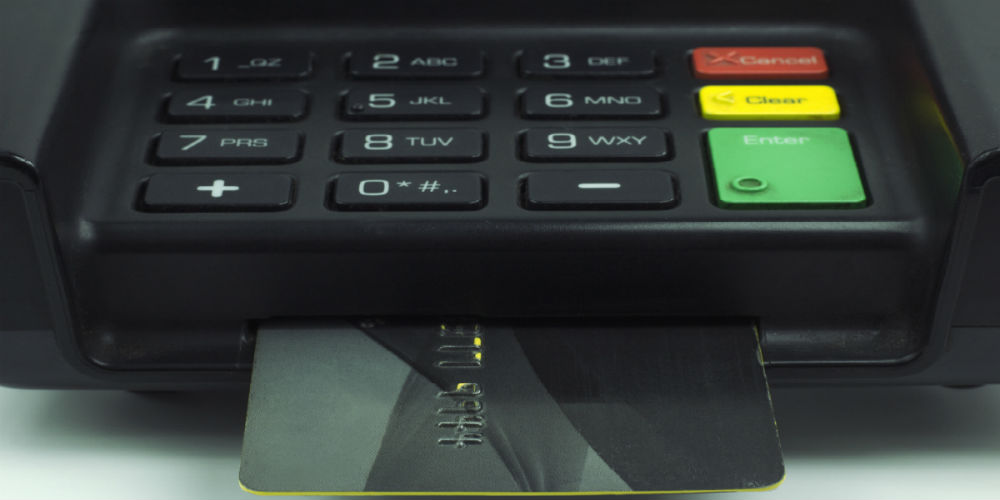The good, the bad, and the ugly when it comes to chip card acceptance

As we approach the one year mark since the “roll-out” of the liability shift, we must look at where we went wrong and where to go from here. I can’t tell you how many times I have walked into a store as a consumer and experienced the frustration from business owners, their employees or their customers. It appears that the U.S. was just not ready for the shift in more ways than one.
Where did we go wrong?
- Product Availability: Many merchants were forced to either invest in new technology, or wait for enhancements to upgrade their existing setup. Many upgrades were not available for the October “roll-out.”
- Training: Payment Processors should have done a better job ensuring that their merchants understood the process of accepting chip cards; therefore not inconveniencing the consumer.
- Integrity: Lack of training and communication resulted in confusion for those that upgraded. Payment Processors misled merchants about compatibility, availability, and rates.
Who is getting hit the hardest?
When accepting magnetic-stripe cards, retailers and merchants with high-ticket items are at a greater risk for credit card fraud. Restaurants, bars, and nightclubs also find themselves panicking as they receive an influx of chargebacks. The window of opportunity for committing counterfeit crime at the point of sale has increased for those who have not upgraded. Many merchants have been at the mercy of their POS providers and are still waiting to become equipped with integrated solutions.
As an owner of a payment processing company, I speak with many businesses about the severity that not taking action can have on their bottom line. In an effort to move in a positive direction, I support merchants and motivate them to take action. A common misconception by most small business owners, is that because fraud has not affected them up to this point that it won’t happen in the future. A smart business owner is proactive and not reactive.
Many would judge a motor cyclist for speeding in traffic without a helmet as reckless. A business that is still swiping credit cards in today’s environment is doing just the same – exposing your business to any vulnerability in business is just plain reckless.
Here we are a year later, lawsuits have been filed, businesses have lost chargebacks, and criminals have abused the system. Yet, it seems we are working against one another instead of coming together to find a resolution. Small business owners make difficult decisions as they are inundated with conflicting information on how to convert their existing systems.
How do we bridge this gap?
As an industry we need to come together and deliver solutions that provide peace-of-mind to merchants. Honesty, communication, and guidance are the keys to building lasting relationships in this environment.

